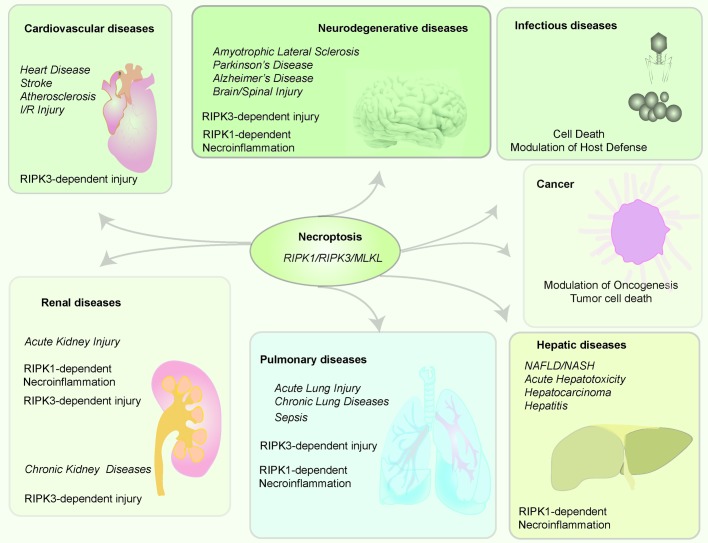Figure 3. Central role of necroptosis in human disease.
The necroptosis pathway and its regulator proteins (RIPK1, RIPK3, MLKL) have been implicated in various human diseases, including cardiovascular, neurodegenerative, infectious, hepatic, pulmonary, and renal diseases and cancer. Necroptotic cell death mediated by RIPK1/RIPK3 and/or MLKL may play a role in human diseases. In the context of infectious disease, necroptotic cell death may have a beneficial role in removing infected cells. In addition, RIPK3-dependent, but MLKL-independent, phenotypes have been observed in diseases such as acute lung and kidney injury. RIPK1-dependent necroinflammation, independent of necroptosis, has been implicated in neurodegenerative, hepatic, and renal diseases and sepsis. MLKL, mixed-lineage kinase domain–like pseudokinase; NAFLD, nonalcoholic fatty liver disease; NASH, nonalcoholic steatohepatitis; RIPK1, receptor-interacting protein kinase 1; RIPK3, receptor-interacting protein kinase 3.

